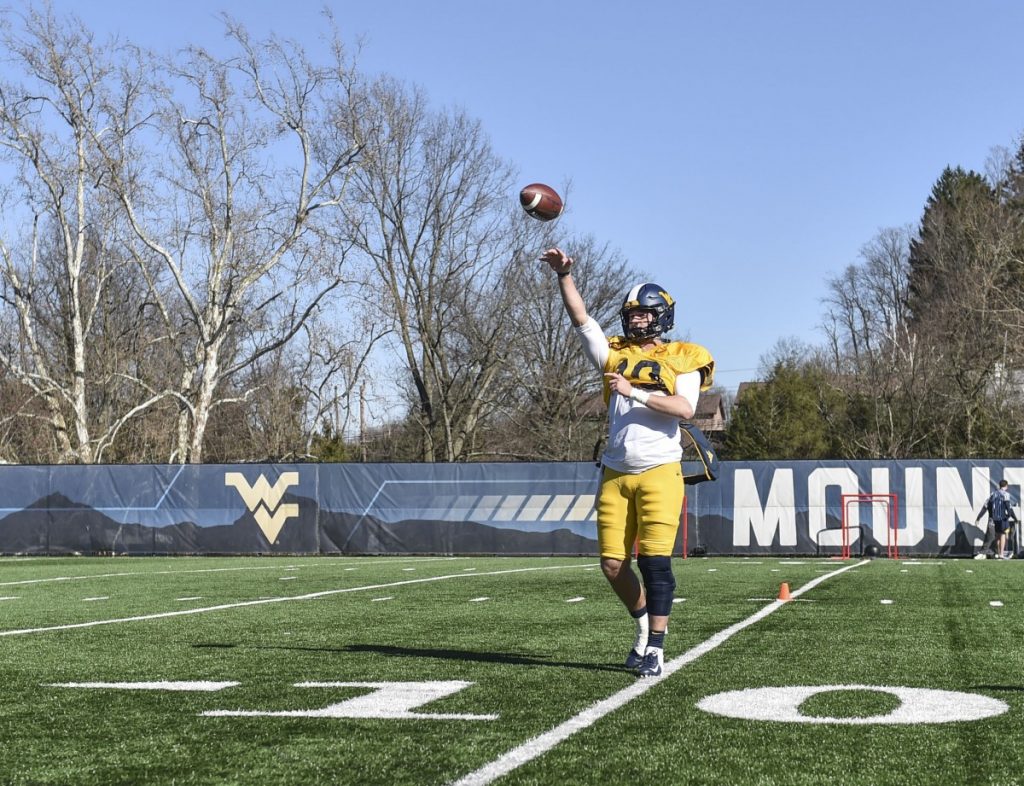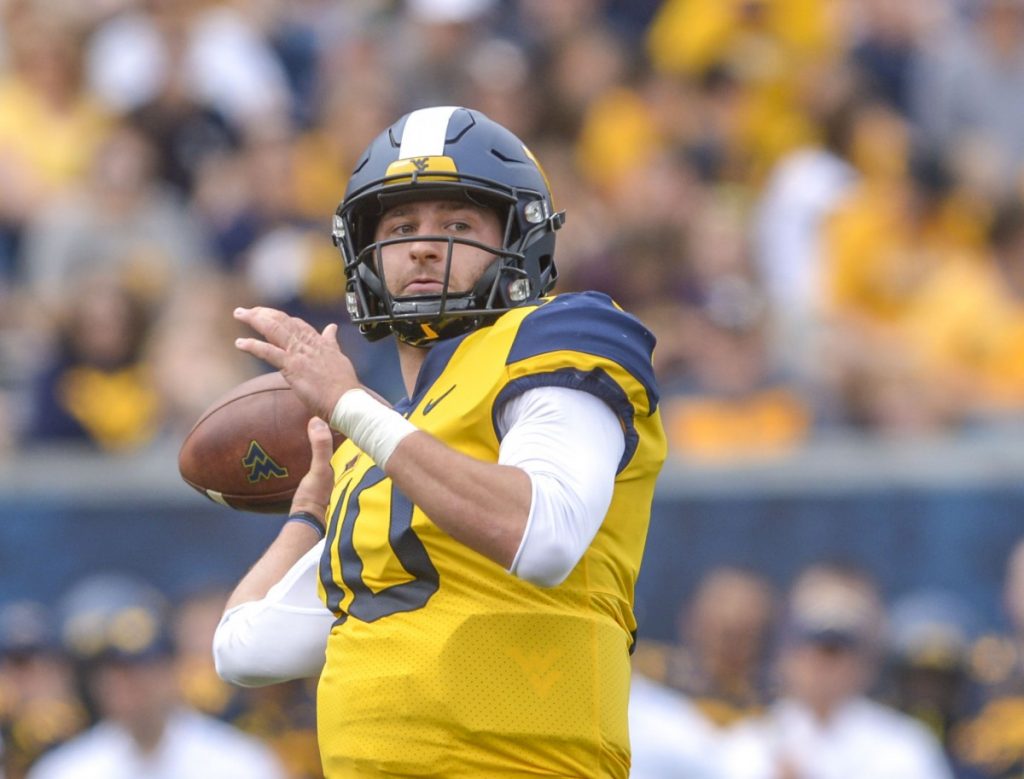Almost a week later, Lincoln Riley’s explanation rings hollow. I posed him a question that needed to be asked at Big 12 media days. Why the battle over quarterback Austin Kendall’s graduate transfer to West Virginia? And since you ultimately relented anyway, would you change anything about how you handled that situation?
But the Oklahoma coach didn’t care to use that life preserver, insisting that the way he handled the situation was the right one.
“I was always going to let him (go) to West Virginia,” Riley said. “My contention was being able to have him immediately eligible the next year. I don’t think that’s healthy for the league.”

But really, what difference does it make to Oklahoma whether Kendall plays the next two seasons at West Virginia or has to sit out a fourth straight year without being a starter before taking the job in 2020? It’s not as if the Mountaineers are one player away from being a Big 12 title contender this season. They’ll be about a dozen away.
The truth is Riley was doing everything in his power to discourage Kendall from coming to West Virginia. Though there may not have been an explicit “no,” it was certainly strongly suggested.
Kendall was contemplating a transfer to a handful of SEC schools, none of which offered as clear a path to the starting job as WVU. It’s clear that Riley was hoping to steer Kendall in the direction of one of those programs, where there would be no fight over immediate eligibility.
But Kendall didn’t take the bait. He knew he may well be in the same situation he was at Oklahoma if he went to one of those programs. Much like a “Scooby-Doo” episode, it would have worked if it weren’t for those meddling kids. Or in this case, journalists.
The week of Kendall’s transfer, the Tulsa World reported on a Wednesday morning that Oklahoma was not going to permit him to play immediately if he went to West Virginia, as is allowed by Big 12 rules. By that evening, the Sooners were pelted with so much public pressure that Kendall was finally free to do as he pleased.
Given Riley’s heretofore sterling reputation as a star young coach, it seems an odd place for him to dig trenches given the ensuing bad PR. Perhaps he believed it would stay in-house and didn’t consider the possibility of it blowing up on him.
“We’ve got to protect our league with that and that’s something we need to look further on,” he maintained at Big 12 media days.
Riley is right in one regard. The league does need to look further into the subject.

As a matter of fact, the Big 12 needs to pass legislation identical to the SEC, which prevents coaches from blocking a graduate transfer from having to sit out a year if he moves within the league. While it may remain undesirable for undergraduates to freely move between conference teams, a person who has actually earned their diploma shouldn’t be held hostage.
Riley should know that better than most. The reason Kendall came to West Virginia in the first place is because Oklahoma brought in Alabama graduate transfer Jalen Hurts. And should the Sooners face the Crimson Tide in the College Football Playoff for the second straight year, no one is naïve enough to think Riley would advocate that Hurts should sit out for the overall health of the sport.
It’s nice that Riley eventually did the right thing for Austin Kendall. For that reason, WVU fans shouldn’t spend too much time grinding an axe. The Kendall family and Neal Brown certainly aren’t. But in the future, all parties involved would be better suited by the Big 12 making sure the rules prevent its coaches from falling into such a public relations misstep in the first place.
Twitter @bigahickey




